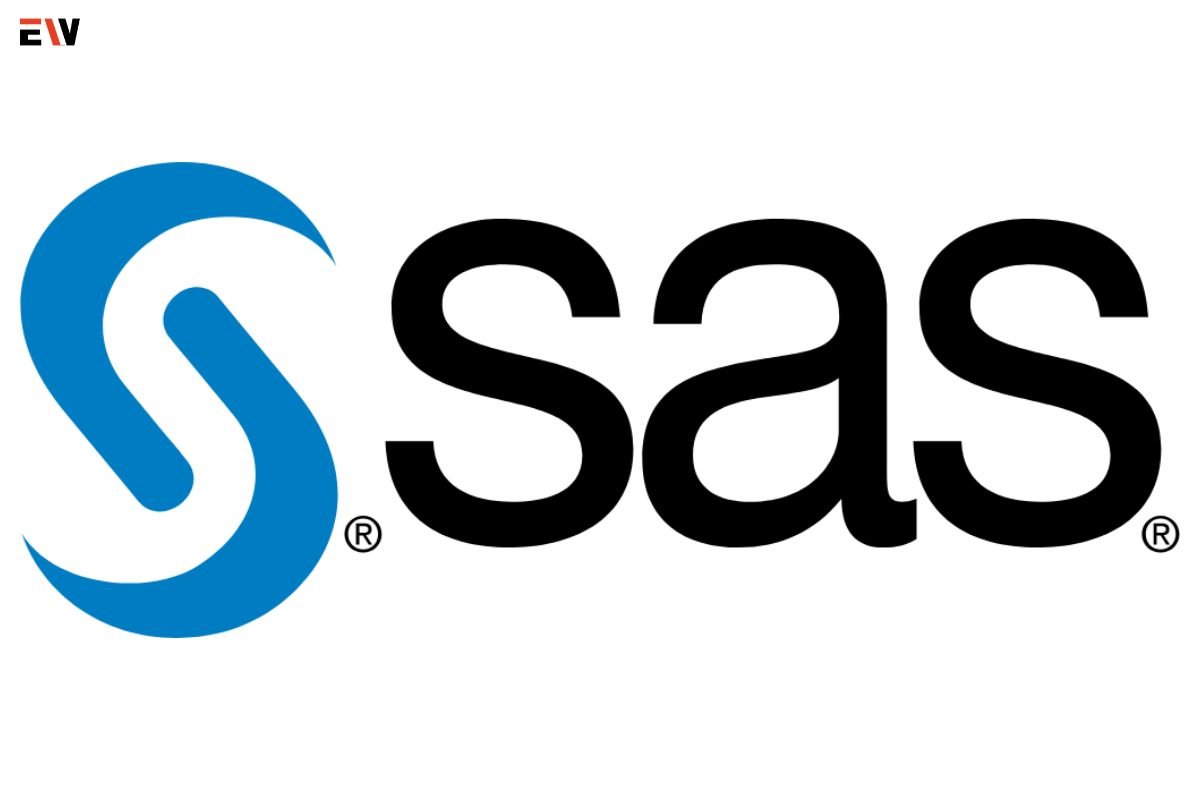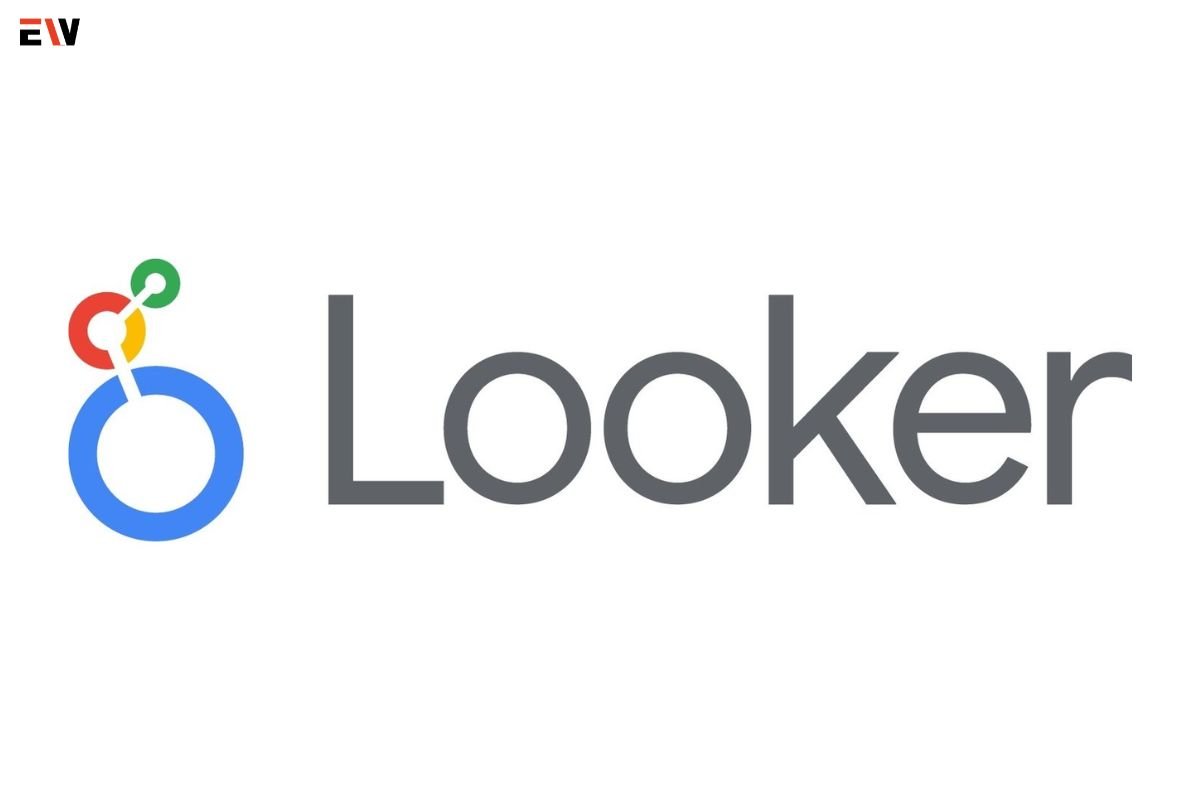In the digital age, data is the lifeblood of any organization. The ability to analyze and derive insights from data is crucial for making informed decisions, optimizing operations, and gaining a competitive edge. Business analytics software plays a pivotal role in this process by providing tools and platforms to collect, process, analyze, and visualize data. This article explores the leading business analytics software solutions and their impact on modern enterprises.
What is Business Analytics Software?
Business analytics software refers to applications and tools designed to analyze business data. These tools help organizations:
- Collect data from various sources.
- Process and clean data to ensure accuracy and reliability.
- Analyze data to identify patterns, trends, and insights.
- Visualize data through charts, graphs, and dashboards for easier interpretation.
- Predict future outcomes using statistical models and machine learning algorithms.
Leading Business Analytics Software Solutions
1. Tableau
Overview:
Tableau is a powerful and intuitive data visualization tool known for its ability to transform raw data into interactive and shareable dashboards. It is widely used across industries for its ease of use and robust analytical capabilities.
Key Features:
- Drag-and-Drop Interface: Simplifies the process of creating visualizations without requiring coding skills.
- Interactive Dashboards: Allows users to explore data dynamically and drill down into details.
- Integration: Connects to various data sources, including databases, spreadsheets, and cloud services.
- Advanced Analytics: Supports complex calculations, statistical analysis, and trend forecasting.
Impact:
Tableau’s user-friendly interface and powerful visualization capabilities enable organizations to democratize data analysis, allowing users at all levels to make data-driven decisions.
2. Microsoft Power BI

Overview:
Microsoft Power BI is a comprehensive business analytics service that provides interactive visualizations and business intelligence capabilities. It integrates seamlessly with other Microsoft products and services.
Key Features:
- Real-Time Dashboards: Provides up-to-date insights by connecting to live data sources.
- Customizable Reports: Enables users to create and share personalized reports tailored to specific business needs.
- Natural Language Query: Allows users to ask questions about their data in plain language and receive immediate answers.
- AI-Powered Insights: Leverages machine learning to discover patterns and generate predictive analytics.
Impact:
Power BI’s integration with the Microsoft ecosystem and its robust features make it a popular choice for organizations seeking to enhance their data analysis capabilities while leveraging existing infrastructure.
3. Qlik Sense
Overview:
Qlik Sense is a data analytics platform that empowers users to explore and analyze data freely. It offers associative data indexing, allowing users to make connections and discover insights that might be missed with traditional query-based tools.
Key Features:
- Associative Model: Enables users to explore data relationships without predefined queries.
- Self-Service Analytics: Provides tools for users to create their own analyses and visualizations.
- Augmented Intelligence: Combines AI with human intuition to enhance decision-making.
- Multi-Source Data Integration: Allows integration from various data sources, ensuring a holistic view of the business.
Impact:
Qlik Sense’s unique associative model and self-service capabilities empower users to explore data more deeply, uncovering hidden insights and fostering a culture of data-driven decision-making.
4. SAS Business Analytics

Overview:
SAS (Statistical Analysis System) is a suite of analytics software solutions developed by the SAS Institute. It is known for its advanced statistical analysis and data management capabilities.
Key Features:
- Advanced Statistical Analysis: Provides comprehensive statistical tools for data analysis.
- Data Management: Offers robust data integration, cleaning, and transformation capabilities.
- Predictive Analytics: Uses machine learning and statistical models to forecast future outcomes.
- Custom Solutions: Allows for tailored analytics solutions to meet specific business needs.
Impact:
SAS’s powerful analytics and data management tools are essential for organizations requiring advanced statistical analysis and predictive modeling, particularly in industries such as finance, healthcare, and government.
5. IBM Cognos Analytics
Overview:
IBM Cognos Analytics is a business intelligence and performance management software suite. It offers a wide range of analytics capabilities, from reporting and dashboarding to advanced data exploration and visualization.
Key Features:
- Data Exploration: Allows users to explore data and create visualizations without extensive technical knowledge.
- Automated Insights: Uses AI to automatically generate insights and visualizations.
- Collaborative Tools: Facilitates collaboration through shared dashboards and reports.
- Integration: Connects to multiple data sources, including on-premises and cloud databases.
Impact:
IBM Cognos Analytics enhances decision-making by providing comprehensive and accessible analytics tools that enable users to gain insights and share findings across the organization.
6. SAP Analytics Cloud
Overview:
SAP Analytics Cloud is an integrated cloud-based analytics solution that combines business intelligence, predictive analytics, and planning capabilities. It is designed to help organizations make data-driven decisions.
Key Features:
- Integrated Analytics: Combines BI, planning, and predictive analytics in a single platform.
- Collaboration: Supports collaborative analytics with tools for sharing insights and planning.
- Smart Features: Uses machine learning to enhance data discovery and visualization.
- Real-Time Analytics: Provides real-time data connectivity and analysis.
Impact:
SAP Analytics Cloud’s integrated approach and smart features streamline analytics workflows, enabling organizations to align their planning and analysis efforts and respond quickly to changing business conditions.
7. Looker (Google Cloud)

Overview:
Looker, now part of Google Cloud, is a data exploration and business intelligence platform that allows organizations to analyze and visualize data from multiple sources.
Key Features:
- Data Exploration: Provides powerful tools for exploring and querying data.
- Customizable Dashboards: Enables users to create interactive and shareable dashboards.
- Embedded Analytics: Allows integration of Looker’s analytics capabilities into other applications.
- Modern Data Stack: Designed to work seamlessly with modern data architectures and cloud services.
Impact:
Looker’s modern approach to data exploration and its integration with Google Cloud services make it a valuable tool for organizations looking to leverage cloud-based analytics and gain deeper insights from their data.
Conclusion
Business analytics software is essential for modern enterprises seeking to harness the power of data to drive decision-making, optimize operations, and gain a competitive edge. The leading solutions—Tableau, Microsoft Power BI, Qlik Sense, SAS Business Analytics, IBM Cognos Analytics, SAP Analytics Cloud, and Looker—offer diverse capabilities tailored to different needs and industries. By leveraging these tools, organizations can transform data into actionable insights, fostering innovation and strategic growth in an increasingly data-driven world.










